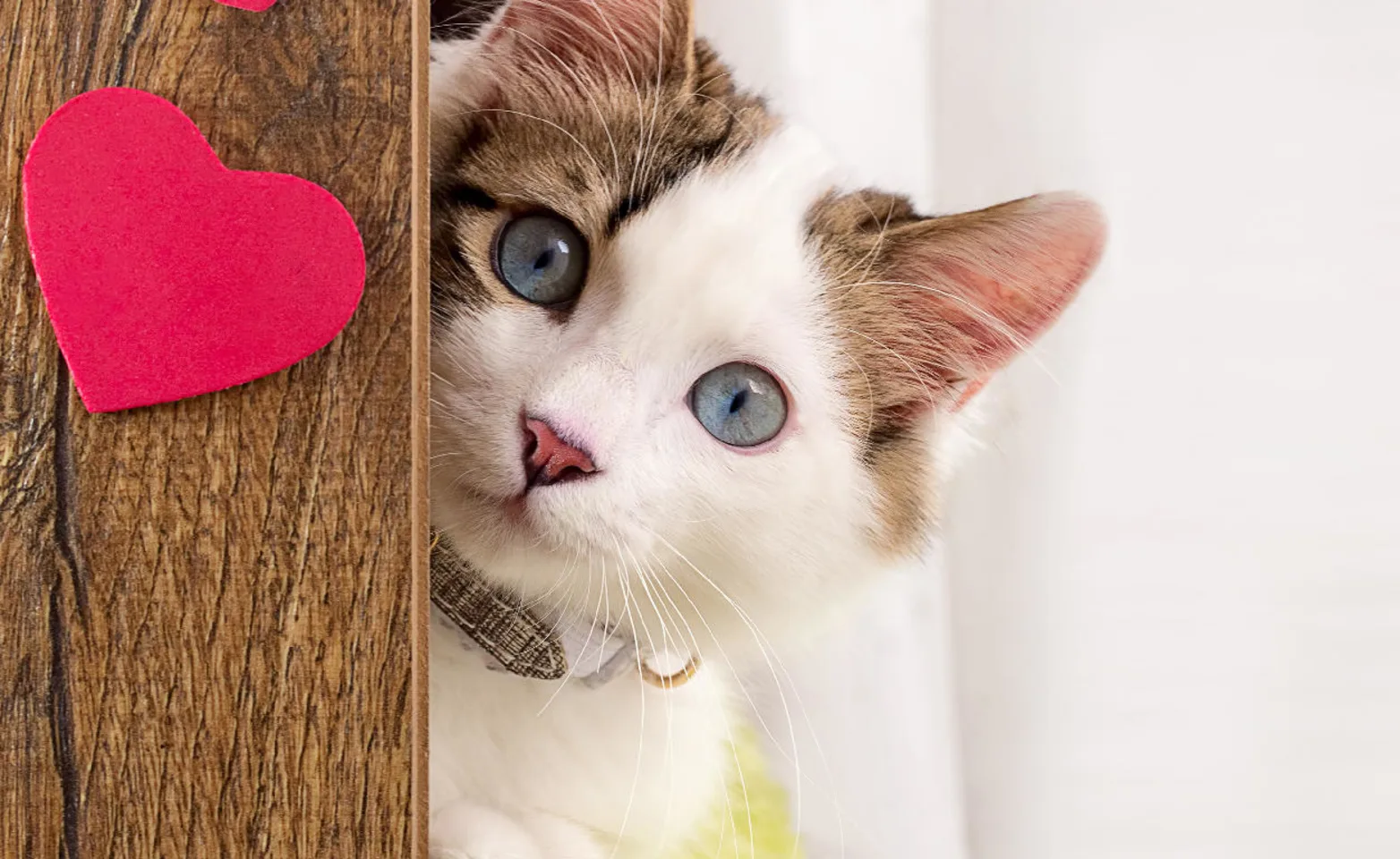Pacific Northwest Pet Emergency & Specialty Center (PACWVETS)

Heart problems are common in animals, and can range from “Let’s keep an eye on this” to “We need to take action.” The most successful way to treat pet heart disease is by checking out the condition early on and working with your primary veterinarian and cardiologist for a complete diagnosis and plan of care.
Cardiology Diagnostics and Treatments available at Pacific Northwest Pet ER & Specialty Center:
Echocardiograms
OFA exams
Blood pressure
Thoracic radiographs (chest x-ray)
Heart failure management
ECG and 24 ECG/Holter services
Occlusion of Patent Ductus Arteriosus (PDA)
Balloon valvuloplasty
Transvenous pacemaker
Epicardial pacemakers
Cardiac stents
Interventional Cardiology at Pacific Northwest Pet ER & Specialty Center:
Interventional cardiology is a sub-specialty within veterinary medicine that focuses on diagnosing and treating cardiovascular diseases using minimally invasive procedures. Interventional cardiology techniques involve using specialized tools and imaging technology to access the heart and its blood vessels through small incisions or catheters, without the need for open-heart surgery. Interventional cardiology procedures are typically used to treat conditions such as congenital heart defects, heart failure, vascular anomalies, and certain types of arrhythmias.
Some of the common interventional cardiology procedures performed in animals include:
Balloon valvuloplasty: a procedure to open up narrowed heart valves using a catheter with a balloon at its tip.
Pacemaker implantation: a procedure to implant a device that helps regulate the heartbeat in animals with abnormal heart rhythms.
Patent ductus arteriosus (PDA) occlusion: a procedure to close a congenital heart defect that causes abnormal blood flow between the aorta and pulmonary artery.
Transcatheter closure of septal defects: a procedure to close holes in the heart's walls that cause abnormal blood flow.
Veterinary interventional cardiology procedures have several advantages over traditional open-heart surgeries, including low complication rates, less pain, shorter hospital stays, and faster recovery times. These procedures are performed by veterinary cardiologists who have undergone a residency for specialized training with interventional cardiology and have access to advanced imaging technology.
Interventional procedures performed by our cardiologists include:
Transvenous and epicardial pacemaker implantation and temporary pacing
PDA occlusion
High-pressure, cutting, and standard pulmonic balloon valvuloplasty
Tricuspid valve stenosis/dysplasia balloon valvuloplasty
Cor triatriatum dexter intervention
Aortic stenosis balloon valvuloplasty
Angiography for complex vascular anomalies
Heartworm extraction
Electrocardioversion
Intravascular stent placement Hepatic shunt coiling


